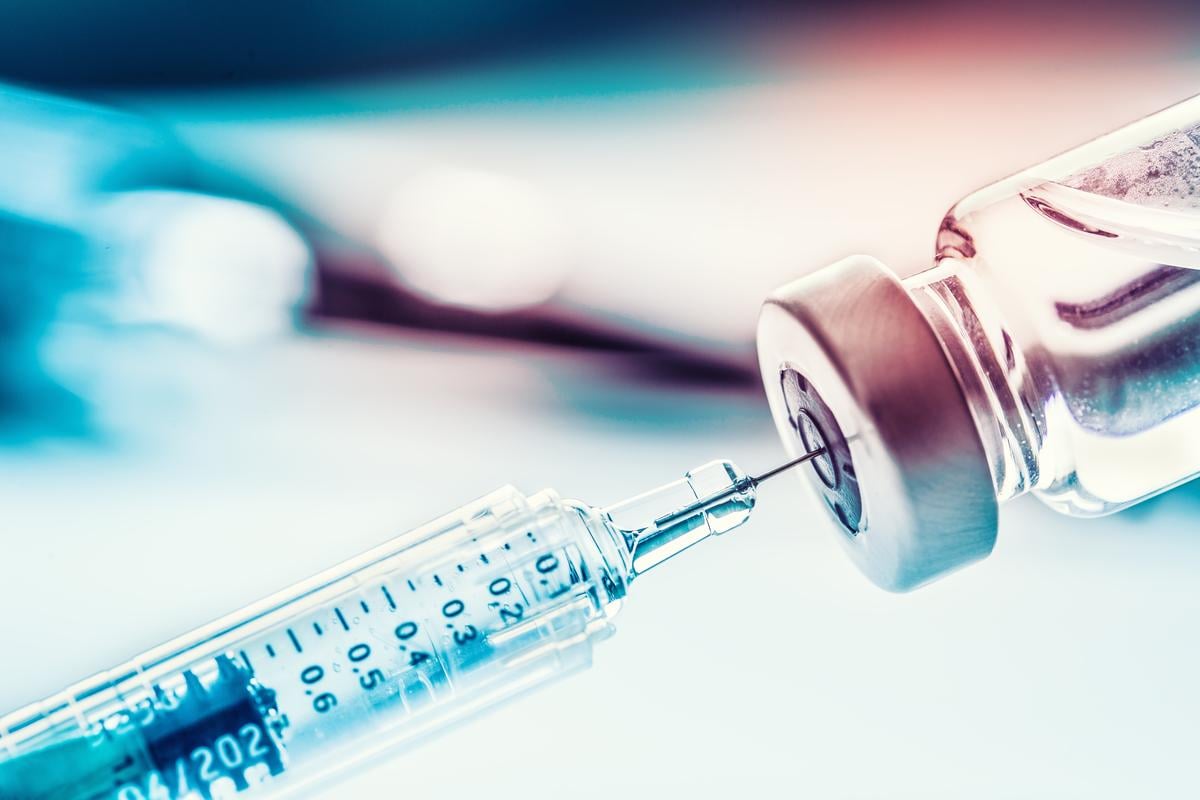Median four-week preF IgG fold rise was 4.21; 61 percent of participants achieved seroconversion
By Elana Gotkine HealthDay Reporter
TUESDAY, Jan. 7, 2025 (HealthDay News) — For immunocompromised individuals, antibody response to respiratory syncytial virus (RSV) vaccines is heterogeneous and about 40 percent do not seroconvert, according to a research letter published online Dec. 30 in the Journal of the American Medical Association.
Andrew H. Karaba, M.D., Ph.D., from the Johns Hopkins University School of Medicine in Baltimore, and colleagues measured antibody response to RSV vaccinations in immunocompromised individuals in a prospective, national cohort study. Persons with self-reported immunocompromising conditions were enrolled. Those reporting plans to receive adjuvanted RSV prefusion F (preF)3-AS01E or nonadjuvanted RSVpreF were asked to provide blood samples prevaccine and at two, four, and 12 weeks after vaccination. The primary outcome was fold rise in antibody titers from baseline to four weeks; seroconversion was defined as a fourfold or greater rise in preF immunoglobulin G (IgG) at four weeks.
Overall, 139 participants reported RSV vaccination during the study period, and of these, 38 submitted paired baseline and four-week postvaccination samples. The researchers found that the median preF IgG increased from 87,292 AU/mL at baseline to 626,280; 439,086; and 464,170 AU/mL at two, four, and 12 weeks postvaccination, respectively. The median four-week preF IgG fold rise was 4.21; 23 of the participants (61 percent) achieved seroconversion.
“In contrast to universal seroconversion and preF IgG fold rises greater than 10 in immunocompetent persons, approximately 40 percent of immunocompromised participants did not seroconvert or achieve a conservative neutralization threshold postvaccination,” the authors write.
Several authors disclosed ties to the pharmaceutical industry.
Copyright © 2025 HealthDay. All rights reserved.








